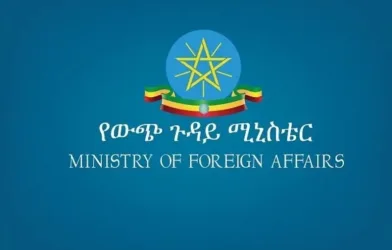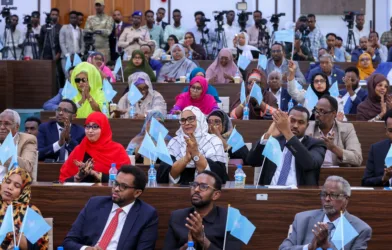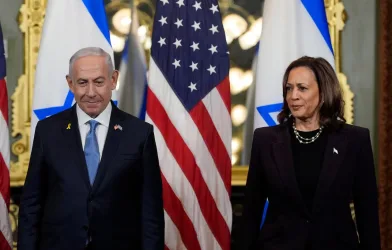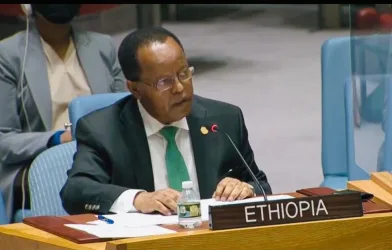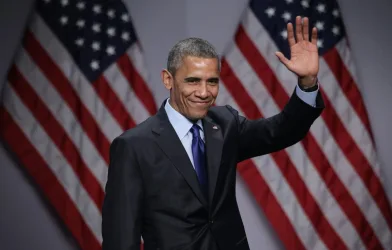 In his press conference on Sunday 12 June, 2011 president Sharif Sheikh Ahmed of Somalia’s Transitional Government gave his version of negotiations in Uganda last week and said that the Somali prime minister, Mr Mohamed Abdullahi Mohamed, had been satisfied to step down as Kampala Accord states.
In his press conference on Sunday 12 June, 2011 president Sharif Sheikh Ahmed of Somalia’s Transitional Government gave his version of negotiations in Uganda last week and said that the Somali prime minister, Mr Mohamed Abdullahi Mohamed, had been satisfied to step down as Kampala Accord states.
President Sharif said that Speaker of Transitional Parliament, Sharif Hassan, had argued that the parliament and the transitional government were not able to work with each other. If that was the case, could not a motion of no confidence be tabled against prime minister Mohamed’s government? The speaker of the parliament was in Uganda in a personal capacity; the parliament and the presidency were not in power struggle; president and the speaker were. The speaker’s views about the working relationship between the parliament and the transitional government are personal. This is the point both president Yuweri Museveni of Uganda and Dr Augustine Mahiga , UN Special Representative, missed to see last week. Point 4 of Kampala Accord signed by President Sharif Ahmed and Speaker Sharif Hassan states : “Within thirty days of the signing of this Agreement, the Prime Minister will resign from his position; and the President will appoint a new Prime Minister”. It is fair to assume that there was nothing the prime minister could do if the president and the speaker have chosen to violate the transitional charter to extend their term by one more year in the presence of the president of a troop-contributing country and the UN Special Representative who support the Accord no matter what means was used to achieve that end. President Sharif Ahmed and Speaker Sharif Hassan expect the prime minister’s word to be as binding as the transitional charter although the Kampala Accord has violated the spirit and the letter of the transitional charter.
President Sharif Ahmed likened Mogadishu demonstrators to clan-based opposition groups that “did not share any goals beyond toppling [ Siyad Barre’s ] government.” Somali president’s wrong analogy is contradicted by the civic nature of demonstrations in Mogadishu seen by any as unprecedented in Somalia’s post-colonial political history.
President Sharif said he was against dissolving the government but wants prime minister Mohamed Abdullahi Mohamed to resign. Isn’t this an evidence that the Somali president and his prime minister do not agree on the meaning of transitional government? Prime minister Mohamed wants the parliament to ratify the Kampala Accord, and has the transitional charter is on his side but putting Kampala Accord forward for parliamentary debate violates Kampala accord !
The United Nations Political Office for Somalia has an institutional memory that predisposes the incumbent Special Representative to making serious diplomatic mistakes. In 2010 former UN Special Representative, Ahmedou Ould-Abdallah, supported the decision of the TFG president Sharif Ahmed to sack his former prime minister Omar Abdirashid Ali Sharmarke. President Sharif Ahmed had to reinstate the prime minister who invoked the transitional charter to challenge the president’s decision. More than one year after Ould-Abdallah’s costly gaffe, the UN Secretary General was made to believe that Kampala Accord is the way forward for the transitional federal institutions of Somalia on the basis of an Accord that is an exercise in illegality. I wonder if the United Nations under Ban Ki-Moon has set a precedent for supporting an Accord violating a national charter although the UN Special Representative for Somalia holds PhD in International Relations.
Liban Ahmad
libahm@gmail.com
Somalia: The UN should not promote illegality in Somalia
Published: June 14, 2011


